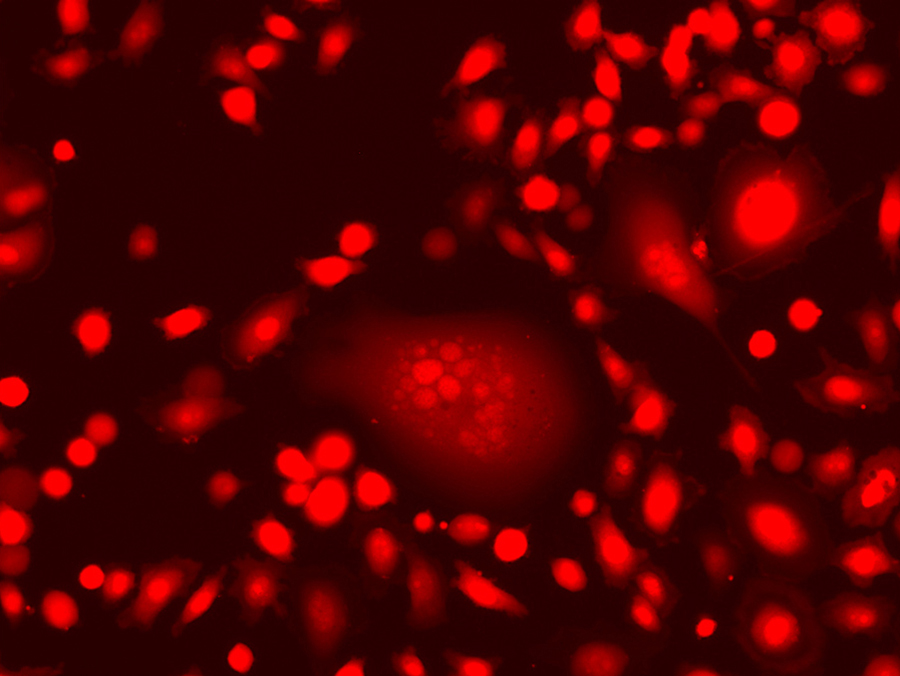Tag: treatment
Barth syndrome: A potential treatment for a rare disease

Barth syndrome is a rare disorder in males caused by a variant of the gene TAFAZZIN. It affects the metabolism of the fat molecule cardiolipin in mitochondria, resulting in the dysfunction of skeletal muscle and the heart. The syndrome doesn’t have a specific therapy, so patients who suffer from it have health problems their entire lives and are more likely […]
Read More… from Barth syndrome: A potential treatment for a rare disease
CRISPR gene editing: Can we make cancer cells easier to kill?

Lung cancer accounts for approximately one in five cancer deaths globally. The high death toll makes the development of new treatments and improvement of old ones a top priority. One of the challenges with traditional chemotherapy is that tumours can develop resistance to treatment. For several years, Eric B Kmiec, PhD, at the Gene Editing Institute of ChristianaCare, USA and […]
Read More… from CRISPR gene editing: Can we make cancer cells easier to kill?
Breast Cancer Awareness Month 2023 – #WearItPink

Since the Breast Cancer Now charity started the #WearItPink fundraising day, over £39 million has been raised in the name of breast cancer research. As one of the most common cancers in the UK, over 50,000 women and 370 men in the UK have been diagnosed with the disease so far this year. The sad truth is that around a […]
Read More… from Breast Cancer Awareness Month 2023 – #WearItPink
Neuromodulation – the future of diabetes treatments

The treatments for type 2 diabetes are limited in breadth and effectiveness. Medications have side effects, and many patients forget to take their medications regularly. An alternative treatment option that does not require daily compliance could provide better outcomes and is more likely to be used by patients. Dr Jonathan Waataja of ReShape Lifesciences in California, USA and colleagues have […]
Read More… from Neuromodulation – the future of diabetes treatments
The adaptive cancer cell: How metastases evolve to resist treatment

Species adapt to survive in a changing environment through the process of evolution. Evolutionary processes can also take place at the cellular level. Dr Sarah Amend of Johns Hopkins University, Baltimore, USA, is investigating poly-aneuploid cancer cells (PACCs). These large, DNA-laden cells, which are more common in metastatic cancer, develop evolvability: the capacity to evolve. Dr Amend believes that targeting […]
Read More… from The adaptive cancer cell: How metastases evolve to resist treatment